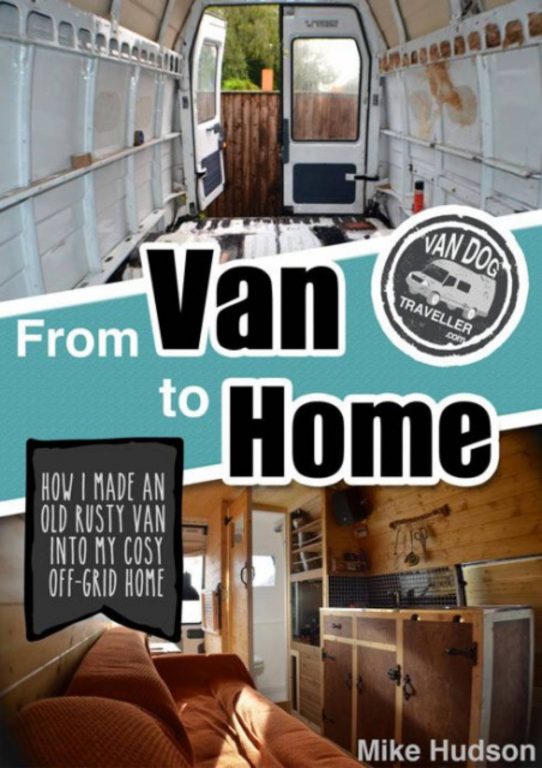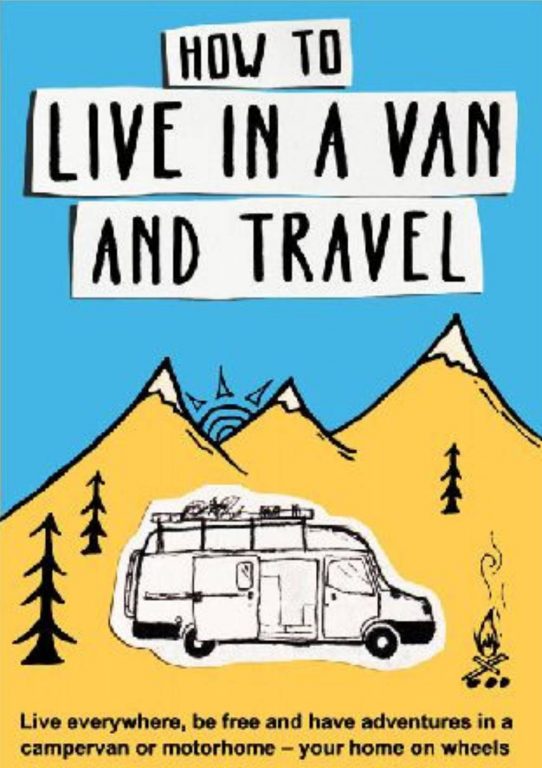Driving in Spain is straightforward. However, Spain has the second highest accident rate in western Europe, so always takes care. The road network is good is more built-up areas, but not so good in some rural areas. Everywhere you can expect to find areas of bad roads.
Legalities
- Drivers require a full driving licence (photo type or International Driving Permit)
- Liability insurance is required – you need a ‘green card’ certificate. Get this from your insurer, plus an Spanish translation.
- You need to carry two warning triangles in the vehicle at all times. In the event of a breakdown or accident place the triangles behind the vehicle, at different stages.
Spanish roads
Since entering the EU, Spain has modernised quickly, and this includes roads. The Spanish road network is expanding and improving quickly across the country. Coastal routes have become better, especially now that new motorways have taken most of the goods vehicles. However, you will find poor quality sections of road everywhere.
In the north of Spain roads hug the mountains, so journeys from coastal towns or beaches generally require driving up and down mountains, sometimes at steep gradients. You can make life easier on your vehicle, and increase fuel economy my only half filling your fuel tank. There are plenty of fuel stations to stop at.
Motorways (autovia / autopista) – cover all major routes across Spain, and are signed in blue. Generally of a good standard. Toll roads are indicated by a red circle and are generally reasonably prices. Except in Euskadi (Basque) where they are expensive. Speed limit 120 kph.
Rutas Nacionales – N roads, are generally of a good or fair standard. They cover the country. Speed limit 100 kph / 50kph in urban areas.
Other roads – B, C (AS in Astrurias) – vary in quality greatly. Speed limit 100 kph / 50 kph in urban areas.
Speed limits are heavily enforced, and heavy fines are common.
Spanish drivers
Spain has the second highest accident rate in western Europe. Always be on your guard. Always drive carefully.
When not to drive in Spain
Major cities and big seaside resorts are often a difficult place to drive and park. If you are staying at a campsite or hotel it is generally much wiser to leave your vehicle there and use public transport to travel into a city.
Traffic in July and August is much busier, especially weekends.
Spanish Police
Spanish police are not flexible. Your vehicle papers and insurance must be in order. If not your vehicle will be immobilised, and you will receive a hefty fine. Do not try and bride the police.





We are moving to Spain taking out residencia we have a VW T5 fully converted to a campervan we’ve just been told we cannot transfer it to Spanish plates because it is N1 a ”commercial ” vehicle as such we can only use it in Spain for 30 days / 90 days if non-resident. How difficult is it to get the van reclassified M1 will Spain then accept it ?